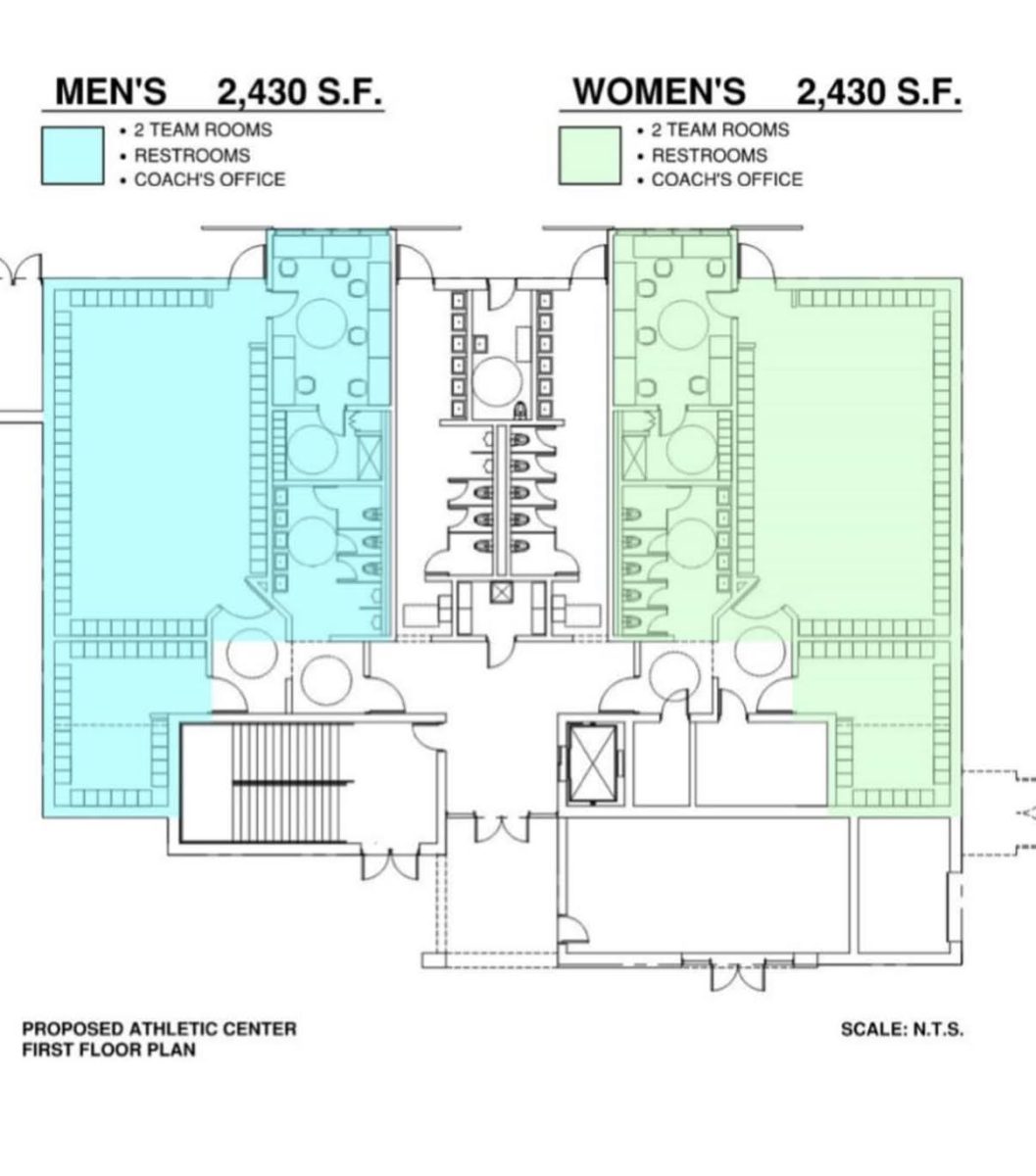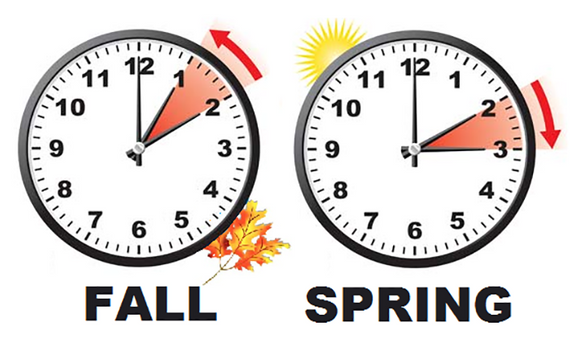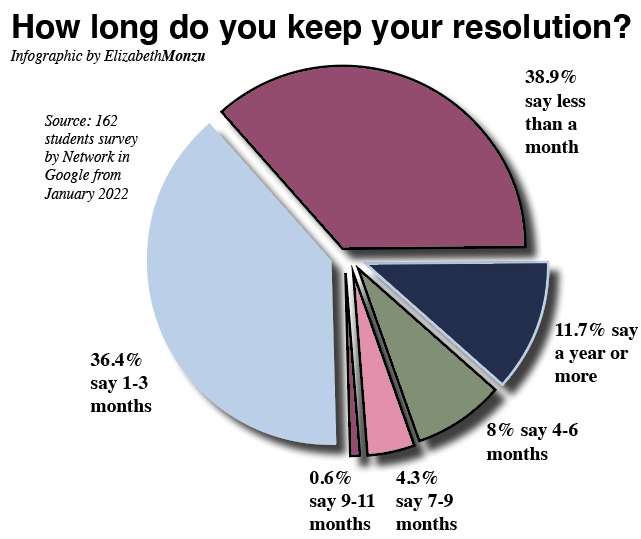It’s the time of year where many juniors are preparing to take the ACT in April or the SAT in May, or are awaiting their results if they already took the tests earlier. With so many tests you have to take, things can get very overwhelming for students in their junior year. Not only are there tests you are required to take such as the NJGPA, many juniors also have to decide if they want to take the SAT or the ACT, both, or neither. Most colleges do not prefer one over the other(and some may not even require test scores to be submitted with your application), but some students may tend to do better on one test over the other based on their unique learning and test-taking styles. This decision can feel pretty daunting at first, but there are many tips that can help you make the choice.
SAT
The SAT is a test that shows a student’s proficiency in mathematics and reading and writing and measures their readiness for the rigor of college courses. It is used by most colleges and universities as a part of their admission process and for merit-based scholarships. The test is a total of 2 hours and 14 minutes long, with 64 minutes devoted to the English section and 70 minutes devoted to the math section. Each section is scored from 200-800 points, and your total score is the combination of your score for each section(Princeton Review). The English section consists of two Modules of Reading Comprehension and Grammar and the Math section consists of Algebra, Geometry, Trigonometry, and Data Analysis and you can use a calculator on all questions. The highest score that can be achieved is 1600.
To get a 1600 on the SAT, you have to have no more than three incorrect answers. Students could previously take the SAT on paper, but more recently it is now required for students to take it online. The SAT has a new adaptive format that determines the difficulty of subsequent questions by how students did on the questions before them.(US News) In other words, as you get more questions right on the SAT, the questions become harder, and if you get more questions wrong, the questions become easier, a reason why some students may prefer the SAT. The SAT also grants you more time per question, which could make it a better test for students who tend to be slower test takers.

ACT
The ACT is a test that shows a student’s proficiency in Mathematics, Rading and Writing, and Science. Like the SAT, it is used by most colleges and universities as a part of their admission processes and for merit-based scholarships. Students can choose whether to take the test on paper or online, one reason why some students may favor this test. The test is a total of 2 hours and 55 minutes without the optional essay and 3 hours and 40 minutes with the optional essay included (Princeton Review). The English Section consists of four reading passages and the Math Section consists of Algebra, Geometry, Trigonometry, as well as Probability and Statistics, and you can use a calculator on all questions. It is scored on a scale of 1-36, with 36 behind the highest possible score that can be achieved. The optional essay is scored separately and does not affect your total score for the Reading, Math, and Science sections. In order to achieve a perfect score on the ACT, you have to have no more than seven or eight incorrect answers. (US News) While it may seem easier to do well on the ACT, some students may struggle on it due to it being a more fast-paced test than the SAT.

So, how should you make the decision? You should start by considering your own individual strengths and weaknesses when it comes to standardized testing as well as your individual test taking preferences. You should take into consideration if any of the colleges you are applying to require you to submit test scores on your application, and if so, how high your test score needs to be to compete with other applicants. If you are applying to highly competitive schools, it may be in your best interest to take both. By taking online practice tests, you can gauge how well you might do on the actual tests. There is not one test that is completely better or easier than the other for everyone, and good scores on both or one of the tests can be a great asset to your future.


























